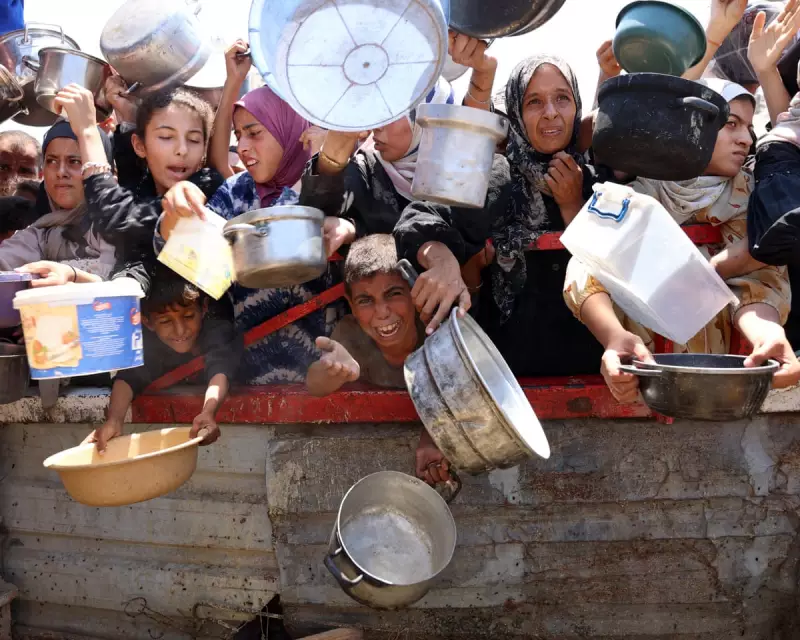
Humanitarian experts are sounding the alarm as famine conditions in Gaza worsen, with children and elderly residents facing the gravest risks. The deepening crisis has left vulnerable populations struggling to access basic nutrition, pushing malnutrition rates to alarming levels.
Catastrophic Conditions for Most Vulnerable
Medical professionals report seeing increasing cases of severe malnutrition among Gaza's youngest residents, with infants and children showing signs of stunted growth and weakened immune systems. The elderly population, particularly those with pre-existing health conditions, are equally at risk as food becomes increasingly scarce.
Healthcare System Overwhelmed
Local hospitals and clinics report being overwhelmed by malnutrition-related cases, with limited resources to treat the growing number of patients. "We're seeing conditions we haven't encountered in decades," said one doctor working in Gaza City. "Children are arriving with advanced stages of malnutrition that would be rare in normal circumstances."
International Response Falls Short
Despite warnings from aid organizations, the international response has failed to meet the escalating need. Food distribution systems are strained, with many families reporting going days without proper meals. Humanitarian corridors remain inconsistent, leaving many areas without regular access to supplies.
Long-Term Consequences Feared
Experts warn that even if immediate needs are addressed, the long-term health impacts on Gaza's children could persist for generations. Malnutrition in early childhood can lead to permanent developmental issues, creating what one nutrition specialist called "a lost generation" in terms of physical and cognitive development.
The situation continues to deteriorate daily, with no immediate resolution in sight as political and logistical challenges hinder effective humanitarian response efforts.





